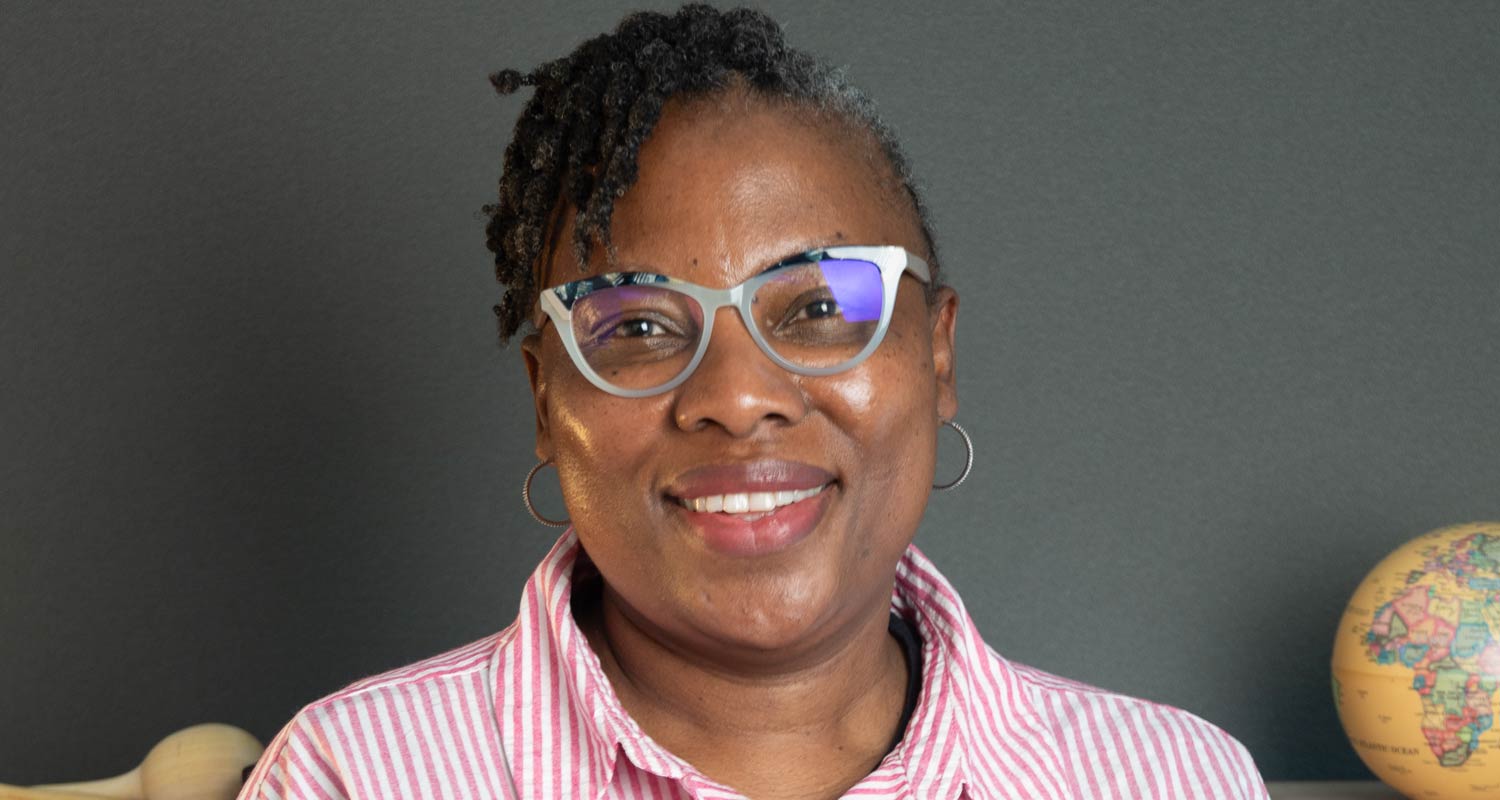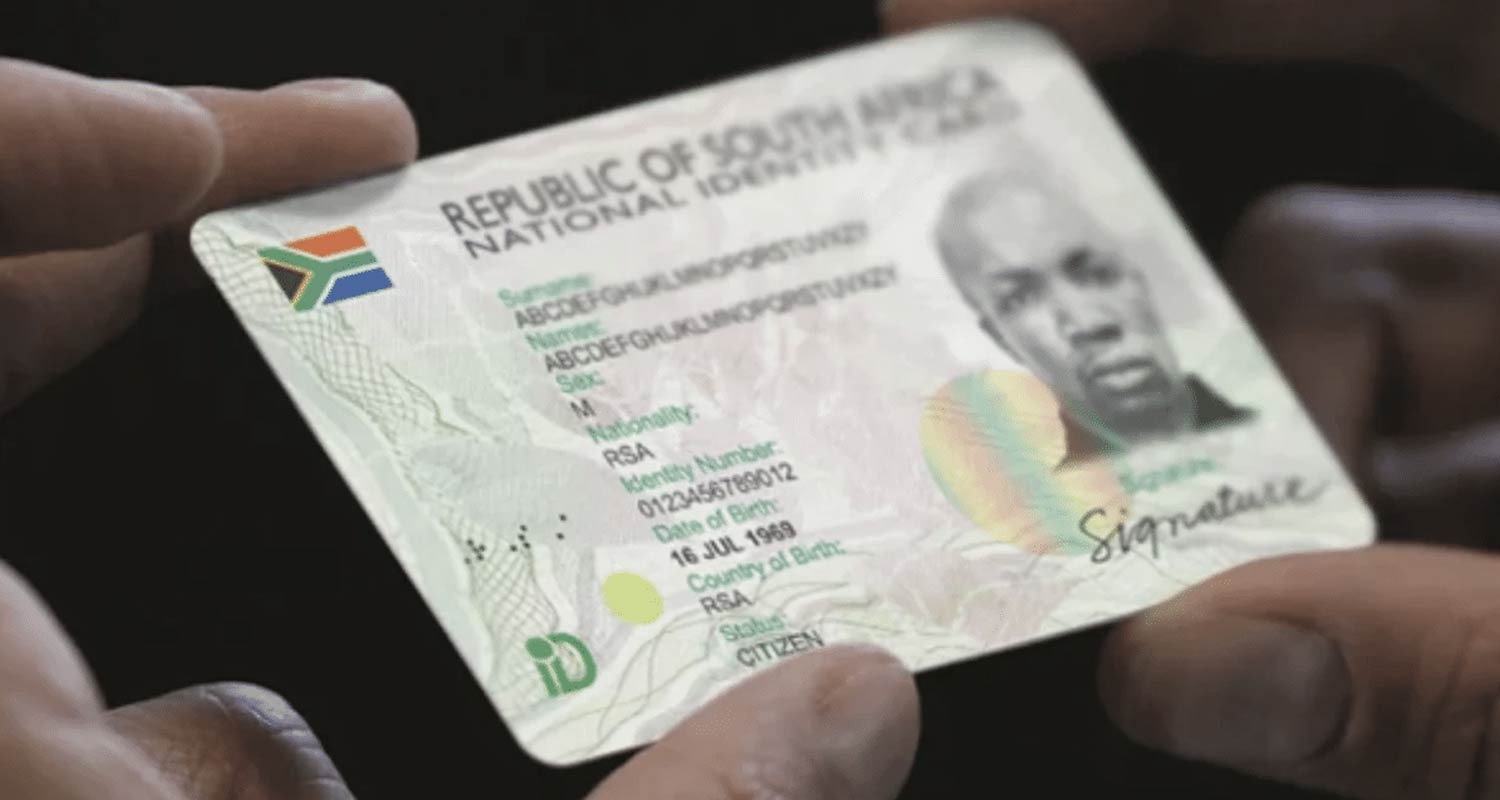Home affairs minister Leon Schreiber has defended a huge increase in the fees it charges companies, including banks and telecommunications operators, to run checks against a national database for client verification.
Following an initial pilot “that yielded promising results and further enhancements, home affairs will on 1 July 2025 begin the roll-out of an upgraded National Population Register (NPR) verification service to all companies and government users to verify identities with first-class speed and reliability”, home affairs said in a statement on Monday. However, corporate South Africa is going to have to cough up handsomely to utilise the platform from next month — and the country’s telecoms operators have already signalled alarm at the move.
“For more than a decade, banks and financial service providers have only paid 15c for real-time verifications against the NPR. This is below market-related rates charged by the private sector for comparable services and far below the cost to the state of providing the online verification service, which deprived home affairs of the resources required to maintain the NPR,” it said.
“Extreme under-pricing has led to profiteering and abuses by some users that overwhelm the NPR and cause failure rates of more than 50%, contributing to ‘system offline’ failures at home affairs offices and threatening national security.”
The planned price increases have already been sharply criticised by the Association of Comms & Technology (ACT), the industry body representing South Africa’s six largest telecoms operators. According to ACT CEO Nomvuyiso Batyi, home affairs sought to increase the fees without adequate consultation with the industry.
“We have reached out to the South African Banking Risk Information Centre and the Banking Association of South Africa to say this is not fair. Home affairs must perform their due diligence and not increase prices so drastically overnight,” Batyi said in a recent interview with TechCentral.
New price structure
Batyi warned that that if the price increase is introduced, it could lead to businesses that are reliant on access to the database reducing their statutory duties to check customers’ identities due to prohibitive costs. For the telecoms sector, such behaviour could lead to further circumvention of the Rica Act, which governs Sim card registration designed to make it easier for law enforcement authorities to fight crime.
According to Batyi, the alleged lack of transparency by home affairs regarding the model that informed its proposed new pricing structure has opened the door to speculation. If businesses don’t know what they are paying for, they could assume home affairs is using the banking, insurance and telecoms sectors to fund the planned overhaul its digital systems in line with promises made by President Cyril Ramaphosa in his state of the nation address to parliament in February.
Read: Sita claps back at home affairs over ‘divorce’
But Schreiber has said the price increases are needed to help the department build a “world-class identity verification service”.
“After initiating substantial upgrades to the service, home affairs has gazetted a new price structure that sets a cost-reflective price for real-time verifications during peak hours at R10, while introducing an off-peak, low-cost alternative for batch transactions costing just R1,” the minister said in its statement.

“This vastly enhanced service, which will boost service delivery from government departments and enhance financial inclusion in the private sector, will be accompanied by appropriate tariff increases implemented after widespread public consultation and after concurrence was obtained from the minister of finance.
“Since its roll-out more than a decade ago at inappropriately low cost to users, the demands on the online verification service have far outstripped the capacity at which it was originally designed,” he said.
“Due to the upgrade stasis and the increased demands placed on the online verification service by institutions – and exorbitant over-use by some institutions owing to unsustainably low prices – users now experience a staggering failure rate in excess of 50% on verification checks against the NPR.
“Even in the case of successful verifications, response times often take hours, thereby defeating the purpose of real-time verification. Both these factors are directly undermining services that require such verifications, including through the online verification service and at home affairs offices.
Home affairs accused “certain private sector users” of relying on the “artificially low price to inflate their corporate profits at the expense of the quality of service received by the public”.
“The artificially low pricing structure has led to such severe underinvestment in the NPR that it now poses a direct threat to financial inclusion, to the ability of the government to combat identity and financial crime, and to national security,” home affairs said. “Home affairs is bringing an end to this vicious cycle.”
Failure rate
The department intends rolling out a new online verification service on 1 July – the same day as the huge price increases take effect – and it will be a “sleek, modern system that delivers what it was designed to do”.
“It now performs in real time and the failure rate has been reduced to below 1%,” said home affairs.
For the first time, the new system will also introduce an option for users to do “non-live batch verifications” during off-peak hours at a significantly lower fee than real-time verifications.
These will cost R1/verification, compared to R10 for a request to the live system. “This will offer both a cost-effective alternative to real-time verifications and incentivise users to stop overloading the system’s live queue, reducing the problem of ‘system offline’ at frontline home affairs offices,” the department said.
 “This is a matter of national security, plain and simple,” said Schreiber in the statement. “Every responsible state on Earth must take the necessary steps to ensure a functional population register. This upgrade also advances financial inclusion and makes a significant contribution to South Africa’s attempts to get off the Financial Action Task Force’s grey list.
“This is a matter of national security, plain and simple,” said Schreiber in the statement. “Every responsible state on Earth must take the necessary steps to ensure a functional population register. This upgrade also advances financial inclusion and makes a significant contribution to South Africa’s attempts to get off the Financial Action Task Force’s grey list.
“A healthy NPR is also a prerequisite for a functional digital ID, as the NPR must become the central database against which identities are verified as home affairs becomes a digital-first department.” — © 2025 NewsCentral Media
Get breaking news from TechCentral on WhatsApp. Sign up here.

